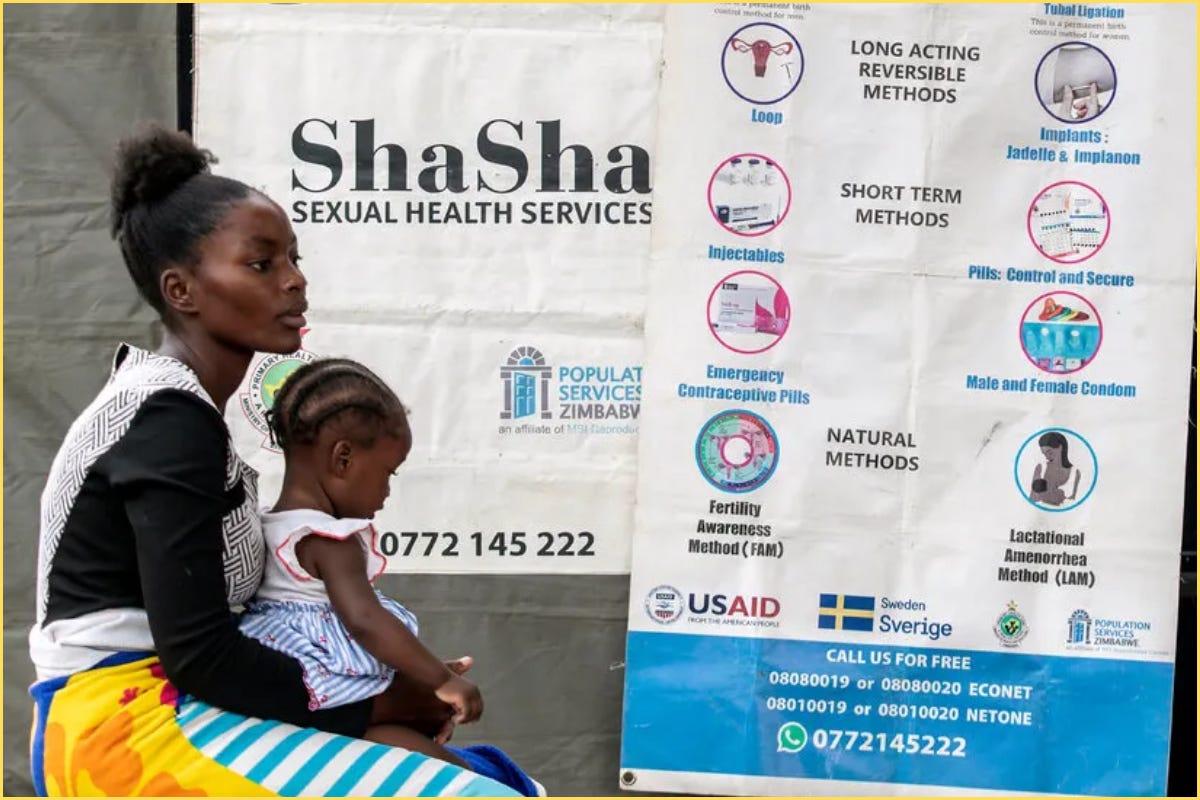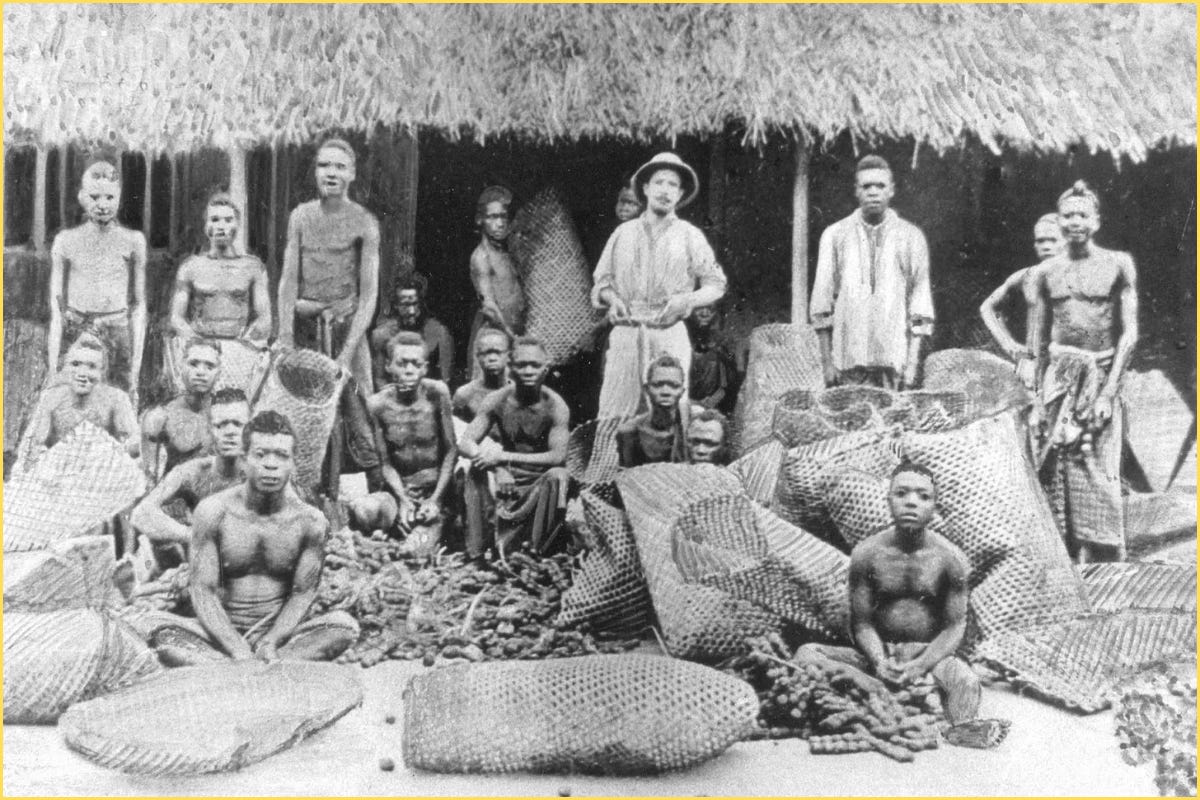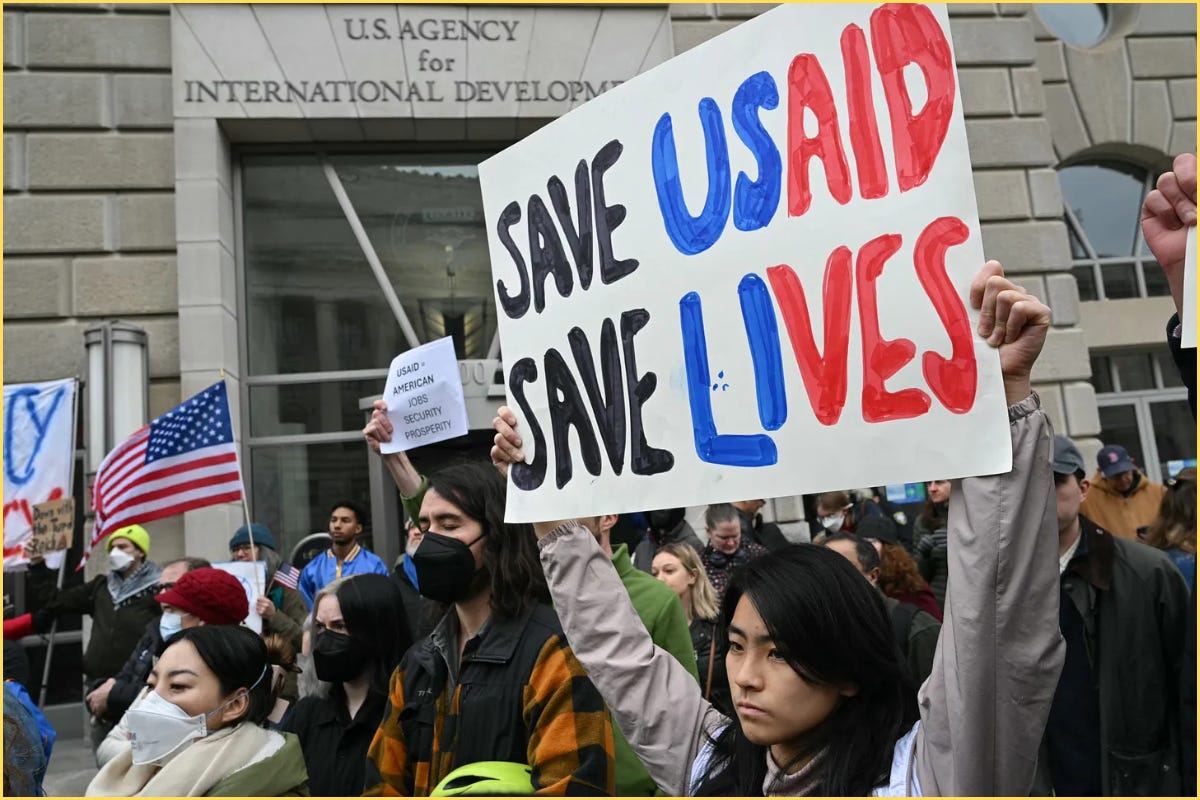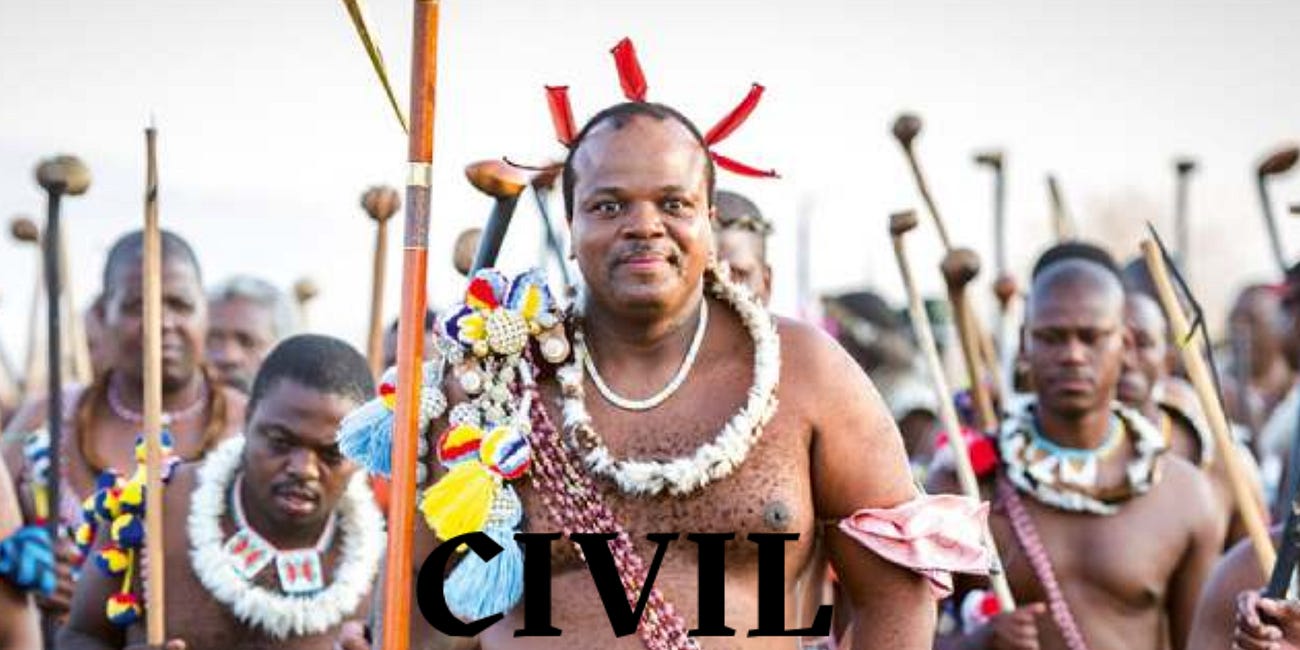belgium wants fewer african babies
the outcry over u.s. birth control shipments isn’t humanitarianism. it’s the same paternalism that’s long defined europe’s role in africa.
This month Brussels urged Washington not to destroy a $10 million stockpile of U.S.-funded contraceptives originally bound for sub-Saharan Africa. Belgian diplomats framed it as a humanitarian plea: don’t waste medicine, let it reach the women who need it. But given Belgium’s history in Africa, its sudden concern for African birth rates looks more than a little suspicious.

a stockpile in limbo
The supplies in question, which are contraceptive implants and IUDs, were purchased by USAID under the Biden administration, intended largely for distribution in sub-Saharan Africa. But after Donald Trump returned to power in 2025, USAID was dismantled, the Mexico City Policy (the “global gag rule”) was reinstated, and thousands of ongoing contracts were canceled. Suddenly, millions of contraceptives sat in warehouses because they were deemed politically unacceptable.
Belgian Foreign Minister Maxime Prevot publicly urged the U.S. to donate the stockpile instead of incinerating it, warning that some of the supplies were deteriorating in poor storage conditions. Flemish officials confirmed that much of the stockpile was housed in a warehouse in Antwerp, though they insisted no destruction could occur without regional approval. Belgium positioned itself as the defender of African women’s rights. But the outcry raised uncomfortable questions, why does Europe care so deeply about Africa’s birth control?
the population question
Africa is the world’s fastest-growing continent, projected to double its population by 2050, reaching over 2.5 billion people. Western think tanks, demographers, and policymakers have long viewed this growth as both a challenge and a threat, raising fears of mass migration, instability, and “strain” on global resources.
Foreign aid programs around family planning have been running for decades. On the surface, they are about helping women, by reducing deaths in childbirth, avoiding unwanted pregnancies, and easing the pressure of poverty on families. But I think the real goal is about keeping Africa’s population growth in check. Instead of backing projects that build industries or transform economies, Western aid often ends up focusing on lowering birth rates instead of building real economic strength. That doesn’t feel like real help, it feels more like outside interference.
The suspicion isn’t paranoia; it has roots in history. In the 1970s, India’s government, with encouragement and financial backing from agencies like USAID and the World Bank, launched a family planning drive that veered into coercion. Poor men and women were sterilized in huge numbers, often without real consent, and the scandal left scars that are still remembered. Two decades later in Peru, President Alberto Fujimori presided over another dark chapter. Indigenous women in rural areas were subjected to sterilization campaigns that international donors quietly supported in the name of modernizing health care. In Africa, throughout the 1960s and 1980s, development loans and food aid were frequently tied to population policies. Donor governments leaned on African states to introduce aggressive family planning programs, reinforcing the idea that the continent’s greatest problem was the number of babies being born, not the structures of global inequality.
Against this history, Belgium’s sudden passion for saving contraceptives reads less like altruism than a continuation of an older mindset. What is framed as humanitarian concern is in practice another way of exerting control over something.
trump’s usaid dismantling
Trump’s move to shutter USAID was part of a wholesale restructuring of foreign aid. Entire health programs like HIV prevention, malaria treatment, food assistance, were drastically reduced or eliminated. A new body, DOGE, led the dismantling of USAID, and the remaining programs were shifted into the State Department. Reviving the global gag rule ensured that no U.S. money could flow to organizations that even hinted at support for abortion rights. The result was a sharp divide, some praised the move as stopping American taxpayers from bankrolling social engineering overseas, while others saw it as a disaster that erased years of progress, either way it exposed how dependent many countries had become on a donor they could never truly control. The case of Eswatini, where U.S. aid cuts forced the closure of the Miracle Campus and revealed the monarchy’s deliberate refusal to build public institutions, shows both sides of the dilemma. Aid had saved lives, but it also allowed local elites to avoid responsibility. When it vanished, the system collapsed, exposing the politics of dependence.
the real virus killing eswatini is royalty
In February, patients arriving at Eswatini’s Miracle Campus found its gates closed. A written stop order from USAID had forced the facility to suspend nearly all services. For years, this U.S.-funded…
Although most outlets painted Trump’s policy as reckless, You can interpret it another way, one that resonates with long‑standing critiques of Western aid in Africa. Cutting off the flow of foreign‑funded contraceptives, vaccines, food aid, and development projects could force African governments to build their own health systems, food and education networks, and welfare structures instead of relying on charity (or at least find better partners). The episode also exposes a skewed set of priorities, there always seems to be money for tightly defined donor projects, but rarely for infrastructure, industrialization, or fair trade that would empower Africans on their own terms. In ending these programs, intentionally or not, Trump disrupted decades of demographic and economic engineering dressed up as philanthropy.
the bigger picture
Belgium’s outspoken defense of the contraceptive stockpile is loaded with irony. As the former colonizer of the Congo, Belgium presided over one of history’s most brutal regimes. They were extracting resources, mutilating workers, and devastating entire communities. Now, Belgium positions itself as a humanitarian champion of African women’s rights. The audacity of these people! the same state that once exploited African bodies now insists on controlling African reproduction in the name of compassion.

This clash isn’t really about $10 million worth of contraceptives. It’s about who decides Africa’s future. Western governments use aid to manage migration, maintain influence, and promote their values. Humanitarian organizations insist aid is life‑saving and morally essential. I counter that aid undermines sovereignty, fosters dependency, and imports foreign agendas. Trump’s dismantling of USAID, while chaotic and ideologically driven, lays bare these contradictions. If aid is so tied to control, maybe Africa is better off without it.
The audacity of Belgium lies not only in urging Washington about contraceptives, but in the deeper assumption that Africa’s population is theirs to manage. Whether through colonial rule or contraceptive stockpiles, its the same logic: Africa is a problem to be solved, not a continent with agency and sovereignty.
For once, the Trump administration’s wrecking ball may have revealed a hard truth, sometimes breaking the aid machine is the first step toward letting people chart their own path.





